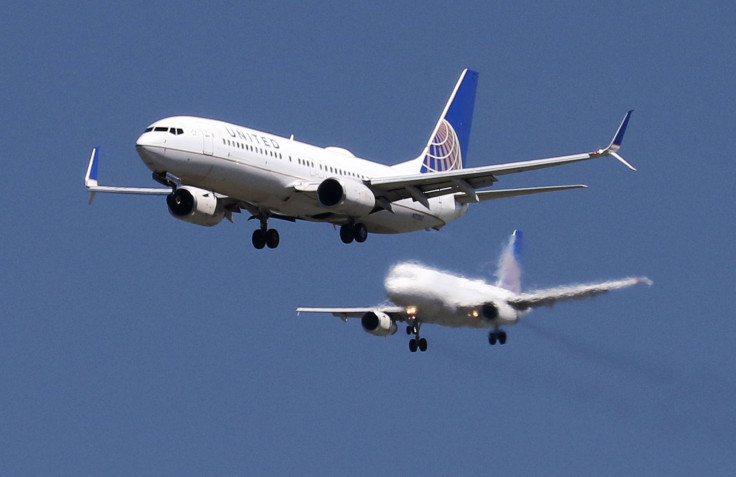Why United Airlines CEO Met With Chinese Diplomats After David Dao Incident

When Chicago airport security officers forcibly dragged David Dao from a United Airlines flight on April 9, many people on social media were quick to point out the potential racial facet of the incident, as Dao, 69, is of Asian descent. United Continental Holdings (UAL) CEO Oscar Munoz made it clear in a quarterly earnings conference call Tuesday morning that he had noticed this element as well, telling reporters and analysts on the call that he visited the Chinese consulate in Chicago soon after the episode.
“There has certainly been some sentiment, and I did visit the Chinese consulate here locally,” Munoz said when asked by a reporter during the conference call about the Chinese community’s reaction to United’s fiasco. He added that he planned to bring up the issue at pre-planned visits throughout Asia in the coming weeks.
In fact while Dao, an American citizen, was originally thought to be of Chinese descent, he was later reported to be of Vietnamese descent. But the potential Chinese market for United Airlines is far larger than any Vietnamese one.
@united @FoxNews @CNN not a good way to treat a Doctor trying to get to work because they overbooked pic.twitter.com/sj9oHk94Ik
— Tyler Bridges (@Tyler_Bridges) April 9, 2017
@United overbook #flight3411 and decided to force random passengers off the plane. Here's how they did it: pic.twitter.com/QfefM8X2cW
— Jayse D. Anspach (@JayseDavid) April 10, 2017
Read: United CEO Responds To David Dao Incident As New Video Surfaces
United, which reported first quarter 2017 revenues just slightly above consensus expectations Monday evening, confirmed the meeting with Chinese officials but did not provide details such as the date or what exactly was discussed, by press time.
Asked about the meeting, Jo-Ann Yoo, executive director of the Asian American Federation, told International Business Times, “Mr. Munoz’s decision to meet with the Chinese consulate to discuss the recent United Airlines incident involving Dr. Dao misses the mark entirely. Dr. Dao is an Asian American who was subjected to United’s horrific treatment in the U.S. Even though countless Asian American and social justice organizations, leaders, and individuals have demanded answers, our requests have fallen on deaf ears; we have yet to receive a satisfactory reply or be given a meeting with United’s representatives.”
While growth in the trans-Pacific market has been slower than that of United’s domestic air traffic, according to recent earnings reports, the company has been expanding its trans-Pacific routes in recent years. In June, for example, it added nonstop flights between San Francisco International Airport and the Xiaoshan International Airport in Hangzhou — its fifth mainland Chinese city destination and 14th Asia-Pacific route from the California city — in June 2016. In a press release announcing the expansion, United touted itself as the “top U.S. carrier to China.”
In the conference call, company leadership unequivocally said it was impossible to tell whether air traffic had declined in the wake of the recent public relations debacle, especially given the time frame, as the week before the Easter holiday generally yields lower traffic.
Read: How To Avoid Being Bumped, Overbooked
Updated 4/18, 4:40 pm: This story was updated to include comment from the Asian American Federation.
© Copyright IBTimes 2024. All rights reserved.





















